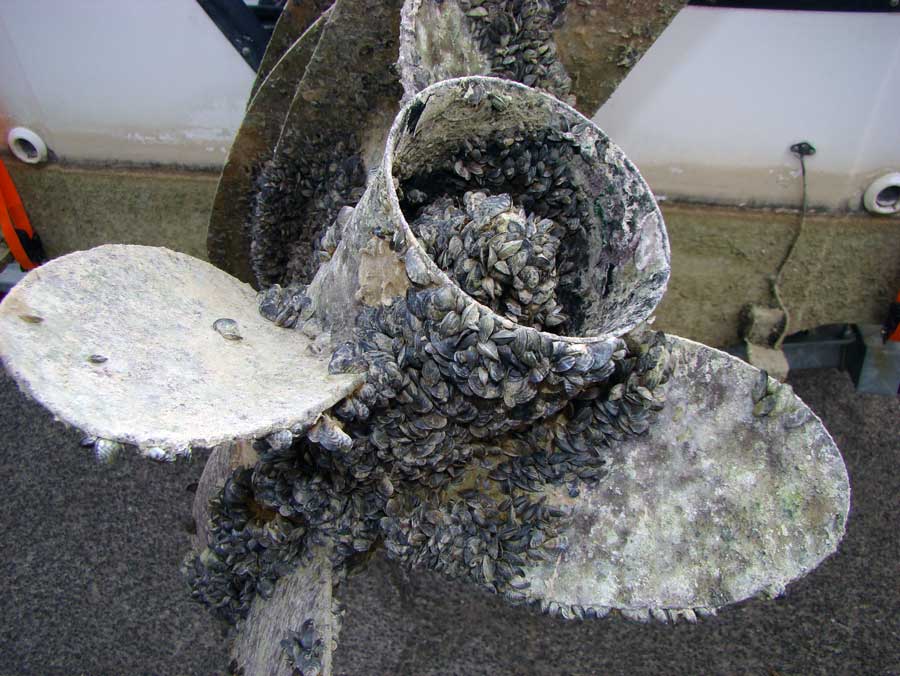Over 14,000 boats inspected for quagga mussels during Pioneer Day weekend
Salt Lake City — Law enforcement officers and technicians with the Utah Division of Wildlife Resources and other agencies had a busy 24th of July weekend, working to inspect and decontaminate boats across the state. Their efforts focused on preventing the invasive quagga mussels in Lake Powell and in other states from spreading to other Utah waterbodies.
Statewide, Aquatic Invasive Species technicians with the DWR, Utah State Parks, Arizona Game and Fish Department and the National Park Service inspected 14,885 boats and performed 355 decontaminations from Friday to Monday. Of those total numbers, 2,292 of the boat inspections and 75 of the decontaminations took place at inspection stations in the Lake Powell area.
During the 2022 Pioneer Day weekend, 12,197 inspections were performed statewide, and 252 boats were decontaminated.
Statewide, DWR conservation officers issued 25 citations and warnings for violations of Utah laws established to prevent the spread of invasive mussels. The majority of the violations this year were due to:
- Boaters and others with watercraft not stopping at an inspection station
- Boaters failing to take the mandatory mussel-aware boater program course and not paying the associated aquatic invasive species fee
"Thank you to all the boaters who work with our staff and are cooperative in preventing the spread of aquatic invasive species," DWR Aquatic Invasive Species Lt. Bruce Johnson said. "We appreciate the effort and time boaters take to comply with laws to protect our waters in Utah. Visit the STD of the Sea website for all the details about the mandatory education course, how to receive your required aquatic invasive species decal, and to learn all the rules for watercraft inspections and decontaminations."
There are over 40 inspection stations located at various waterbody boat ramps, along highways and at Port of Entry stations throughout Utah. Visit the STD of the Sea website for a list of all the decontamination stations around the state and for further information regarding boater requirements, including new requirements that went into effect July 1.
Why quagga mussels are bad
- They plug water lines, even lines that are large in diameter.
- If they get into water delivery systems in Utah, it will cost millions of dollars annually to remove them and keep the pipes free, which can result in higher utility bills.
- They remove plankton from the water, which hurts fish species in Utah.
- Mussels get into your boat's engine cooling system. Once they do, they'll foul the system and damage the engine.
- When mussels die in large numbers, they stink and the sharp shells of dead mussels also cut your feet as you walk along the beaches.

















